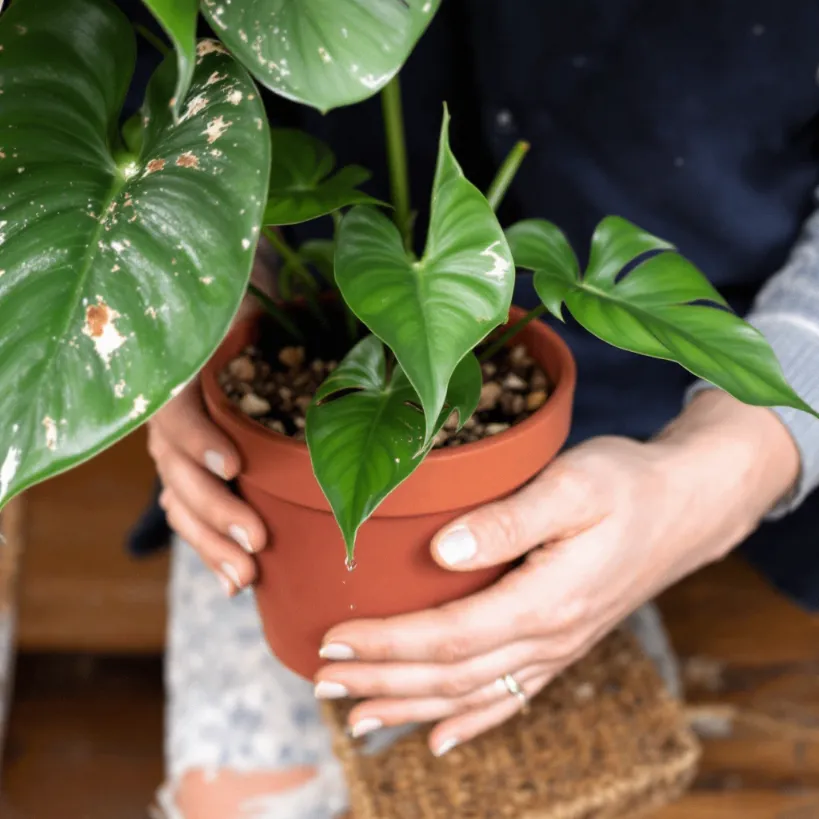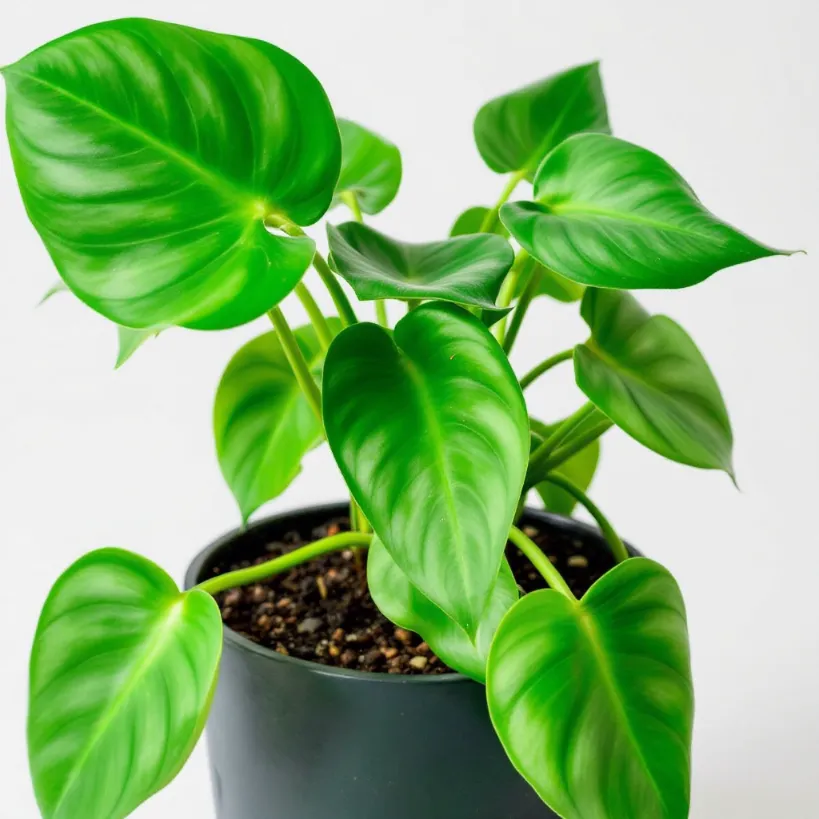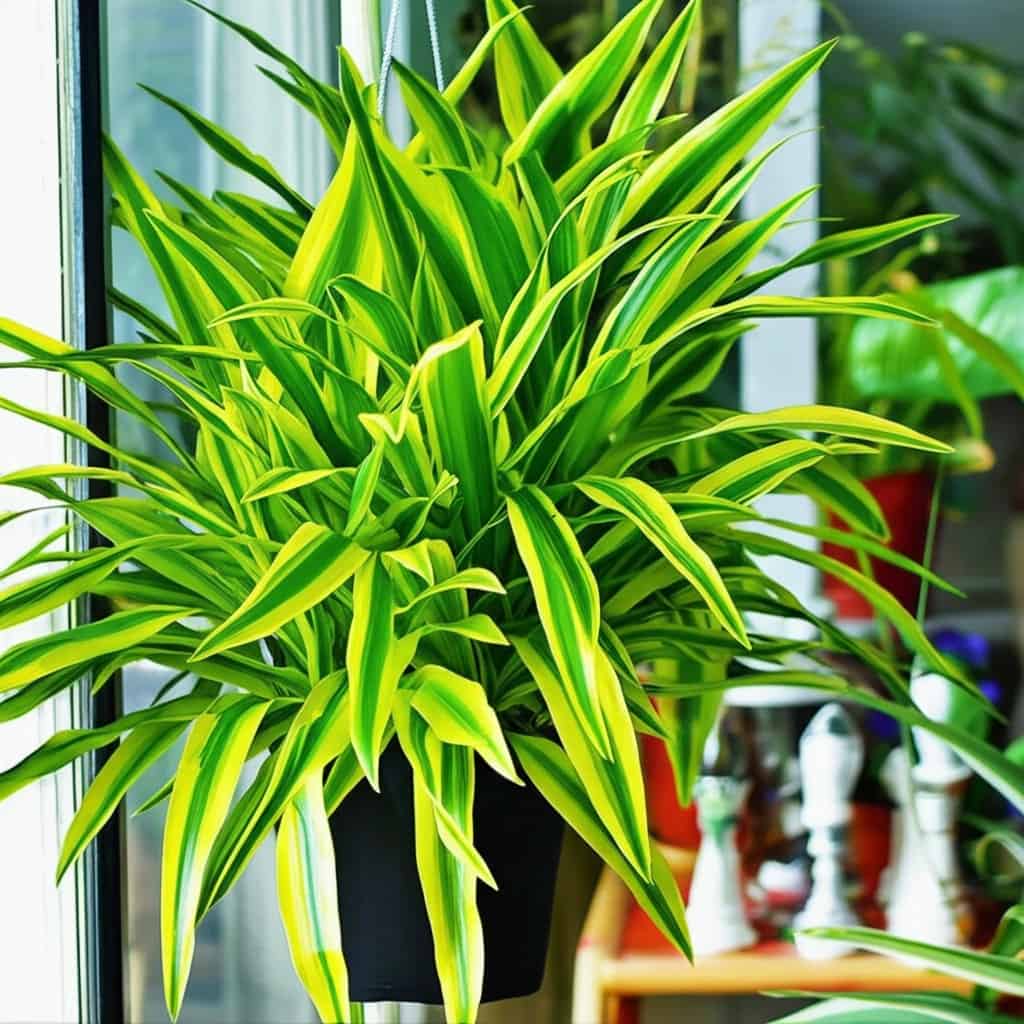Alright, let’s cut the crap. Your Philodendron plant is dripping water. You want to know why. Is it crying? Is it a mysterious plant illness? Probably not. Most of the time, this dripping water in Philodendron plants is just a thing called guttation. The plant had a bit too much to drink, and it’s pushing the excess water out through its leaves. Simple. These water droplets are usually a natural process for many indoor plants.
This Philodendron dripping water from leaves—it’s not a big drama. It’s often just your plant dealing with excess moisture.
Key Takeaways
- Guttation is Normal: Those droplets on leaves? Usually just guttation, a harmless process.
- Check Watering: It often means your watering schedule is generous or there’s poor drainage. Don’t want root rot.
- Humidity Plays Part: High humidity level makes guttation more likely as the plant can’t “sweat” (transpire) easily.
- Usually Harmless: The Philodendron water droplets themselves are generally no big deal for a plant healthy and strong.
- Sticky is Bad: If drops are sticky, that’s not guttation. That’s pests. A different headache.
- Observe Your Plant: Constant excessive dripping? Your plant care routine might need a tweak.
What’s This Dripping Business? Guttation Explained.

So, your Philodendron species has water droplets on its leaf tips. This is guttation.Plants suck water from the soil. Sometimes, especially at night when the plant is resting, it takes up more water than it can release as vapor. Pressure builds. The plant pushes this extra water out through tiny special openings on the leaf, often at the very tips of leaf. That’s the guttation process.
It’s not your plant being sad. It’s a normal function for many vascular plants. The drops might leave behind tiny white spots from soluble minerals when they dry. Wipe ‘em off with a damp cloth if you want to keep your plant clean.
Guttation or Something Else? Don’t Get It Twisted.
Not all wetness on indoor plant leaves is guttation.
- Dew: Condensation from the air. Different.
- Misting: That’s you, spraying water.
- Honeydew: This is the one to watch. If the drips are sticky, it’s likely honeydew. This is sugary poop from pests like aphids or mealybugs. A common issue that needs quick action. If you see this, look into organic pest control for houseplants.
Why So Many Drips? Reasons & Quick Fixes for Your Philodendron

If your Philodendrons drip water more than you’d like, here’s the lowdown.
1. Too Much Love (Overwatering)
Yeah, plant parents often do this. Excessive watering is a classic.
- Signs: Constantly wet soil, daily excessive water dripping, yellowing leaves.
- Check: Stick a finger an inch of soil deep. Wet? Don’t water. A moisture meter also helps gauge moisture levels around the root ball.
- Fix: Let topsoil dry out. Ensure your plant pot has plenty of drainages—drainage holes are essential. Use a well-draining potting mix. For more on getting the watering right, check watering needs of Philodendrons.
2. Sauna Life (High Humidity)
Philodendrons like some humidity. But if your place has a very high humidity level, the plant can’t easily release moisture through transpiration.
- Fix: A little air circulation can help. Don’t point a fan right at it, though. If you have other plants that love dampness, explore 10 houseplants for humid environments.
3. Bad Plumbing (Poor Drainage)
If water sits in the pot, you get waterlogged soil and excess moisture buildup. Hello, root rot.
- Fix: Always use a pot with drainage holes. Adequate drainage is key. Use a good Philodendron soil mix.
4. Just Watered It?
Saw drips the morning after watering? That’s minimal dripping from the extra water. Normal.
5. Light & Temperature Games
Drastic changes in light conditions or consistent temperatures being off can mess with water use. Good lighting conditions for your Philodendron help.
6. Over-Fertilizing
Too much balanced, water-soluble fertilizer leads to excess minerals and salt buildup. This can cause fertilizer burn and stress the plant. Go easy. Learn about fertilizing Philodendron plants for optimal growth.
When Dripping IS a Red Flag
Sometimes, guttation points to bigger trouble.
- Sticky Leaves: Pests. Deal with them.
- Root Rot: Constant drips, soggy soil, sad plant (yellowing, mushy roots)? Act fast. You might need to trim rot and repot in fresh soil. If you’re unsure, here’s how to repot a Philodendron.
- Fungal Diseases: Wet leaves + poor circulation = bad news. Improve airflow to avoid disease infection.
Keep Your Philodendron Smiling: Simple Care

A happy plant has fewer problems. These low-maintenance tropical plant types don’t ask for much.
- Light: Bright, indirect light is best. Many, like the popular Heartleaf Philodendron, tolerate lower light.
- Water: When the top inch or two of soil dry.
- Soil: Chunky, well-draining.
- Humidity: Average home humidity is usually fine.
- Observe: Check your plant. Notice changes. The lovely Philodendron Birkin will thank you for it. Exploring various Philodendron types can also be insightful. And for basic care, our indoor plant basics guide is a good start. Sometimes issues like why is my philodendron turning brown can be linked to watering.
FAQs
- Q: Why drips in the morning?A: The guttation process peaks then. Roots work overnight, pressure builds, water exits as morning droplets.
- Q: Are guttation droplets safe for pets?A: Mostly water, but can have minerals. Best to keep pets from drinking guttation droplets regularly. Remember, many Philodendrons are toxic if eaten. Consider pet-friendly houseplants if you have curious critters.
- Q: My Monstera drips too. Same deal?A: Yes. Monstera plants (fellow arrow leaf plants) do it too. Same reasons.
- Q: Can I stop the dripping?A: You can reduce it by managing water and humidity. But it’s a natural phenomenon. Some dripping is fine.
- Q: Does this mean it’s an over-watered plant?A: Not always from one event. But constant, heavy dripping with wet soil? Likely.
So, your Philodendron is dripping. Usually, it’s fine. Just the plant being a plant. Keep an eye on things. Adjust. Don’t smother it. It’ll be alright. These green things are tough.
References
- University of Illinois Extension – “Guttation – Houseplant Problems”: Explains guttation in houseplants.
-
- https://web.extension.illinois.edu/hortanswers/detailProblem.cfm?PathogenID=135
- Oregon State University Extension Service – “Philodendron”: General care tips for Philodendrons.
-
- https://extension.oregonstate.edu/gardening/flowers-shrubs-trees/philodendron-easy-care-houseplant
- Missouri Botanical Garden – “Philodendron (Group)”: Reliable info on the Philodendron genus.
-
- https://www.missouribotanicalgarden.org/PlantFinder/PlantFinderDetails.aspx?taxonid=254709&isprofile=0&
- North Carolina Extension Gardener Plant Toolbox – “Philodendron hederaceum”: Details on a common Philodendron.
-
- https://plants.ces.ncsu.edu/plants/philodendron-hederaceum/
You Might Also Like
- For more insights on this topic, you might find our exploration of Philodendron Watering: 7 Steps for Healthy Growth (2024 Guide) valuable Philodendron Watering: 7 Steps for Healthy Growth (2024 Guide).
- To see how this works in practice, our Philodendron Verrucosum Care: Expert Tips for Velvety Leaves examples demonstrate real-world applications Philodendron Verrucosum Care: Expert Tips for Velvety Leaves.
- This principle is further explored in our detailed examination of Philodendron Fertilizer: 7 Expert Tips for Lush Growth (2025) Philodendron Fertilizer: 7 Expert Tips for Lush Growth (2025).